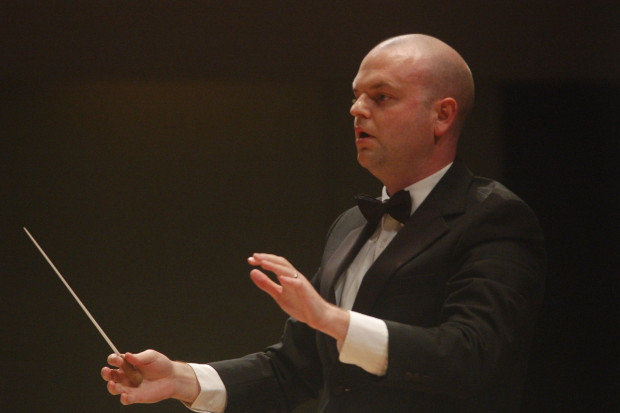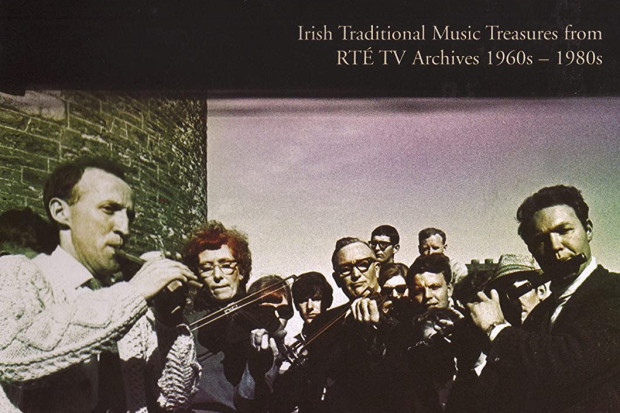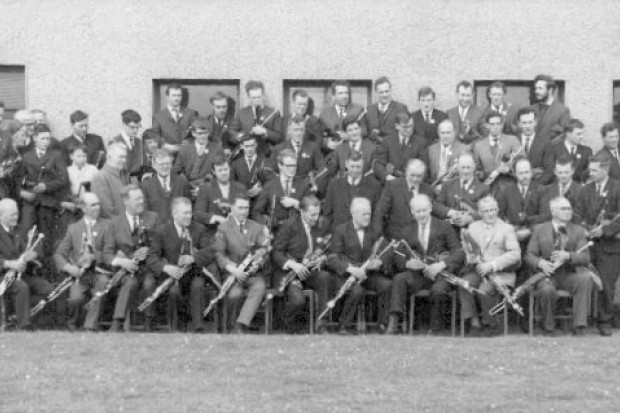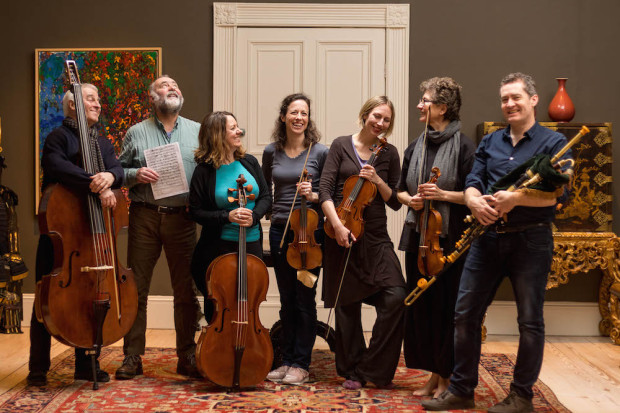Live: Ry Cooder
Ry Cooder’s career has included so many reinventions it has been hard to keep track. He started forty years ago with a string of recordings that spectacularly re-imagined American vernacular music, from blues and Tin Pan Alley to gospel and R&B. Along the way he has investigated Tex-Mex and Hawaiian slack-key guitar music, written several film scores and instigated groundbreaking collaborations with Cuban, Malian, and Hindustani folk musicians. Most recently, he has released a trio of albums that explore the politics and subcultures of a vanishing America, framed by a deeply felt return to American folk forms. Yet this ceaseless quest for the lost and the different is anything but random; Cooder is something of a musical midwife, bringing traditions together so that new forms are born as the old is revitalised.
Cooder’s Dublin appearances were with a pared-down trio that included his son Joachim on drums and the English songwriter Nick Lowe on bass (Tejano accordionist Flaco Jimenez could not make the show due to ill health). Lowe’s presence on the programme ensured a light touch; he and Cooder are alumni of the supergroup Little Village, formed twenty years ago, and the concert opened with a soulful rendition of ‘Fool Who Knows’ from that period. Other Lowe tunes included ‘Losing Boy’ and ‘(What’s So Funny ’Bout) Peace, Love, and Understanding’, but the night was primarily devoted to a retrospective of Cooder’s oeuvre, from Woody Guthrie’s ‘Vigilante Man’, first recorded in 1972, to songs from his most recent albums.
Throughout the concert, Cooder played a variety of guitars with skill and passion, clearly enjoying himself as he displayed his mastery of a self-defined instrumental path that stretches from dust-bowl folk to the chordal patterns of traditional Cuban music. Given the breadth of his interest, his choice of songs was narrower than his guitar work; he played somewhat to audience expectation by selecting three tunes from his 1978 hit album Bop Till You Drop, as well as the old favourites ‘Teardrops Will Fall’ and the Jim Reeves classic ‘He’ll Have to Go’. But within these limits he showed why he is so admired for his feel for indigenous American music, and the protest song ‘My Name Is Buddy’, on which he played electric mandolin, would have done Pete Seeger proud.
Paddy Moloney joined Cooder to help close out the show, and his tin whistle accompaniment to the medley ‘Boomer’s Story’/‘How Can You Keep Moving’ and the uplifting ‘There’s a Bright Side Somewhere’ gave the audience a clear sense of the historical links between the Irish and American folk traditions. This search for common ground between musical cultures – and the ability to find the right vehicles for its expression – are at the heart of Cooder’s genius.
Published on 1 August 2009
Kevin Stevens is is a Dublin-based novelist and writer on history, literature, and jazz.














